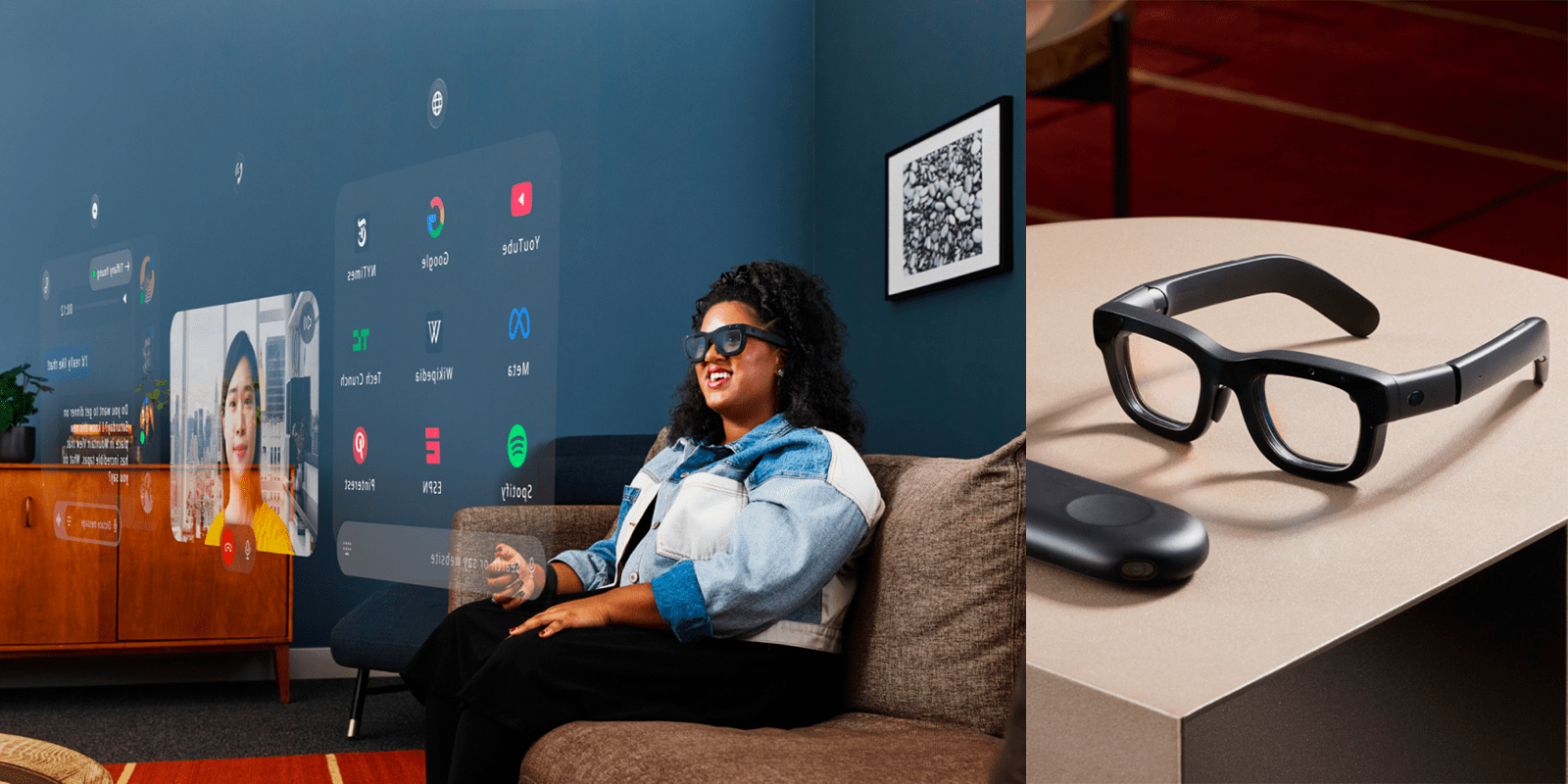
My colleague Filipe Espósito yesterday said that the prototype Meta Orion glasses are what he wants for the future of Apple Vision, and I agree that they are an incredible step in the right direction.
I’ve long said that an Apple Glasses product is what I really want to see, but as impressed as I am by what Meta has shown us, I still think it will be a few years before any of us will be wearing a pair of Apple Glasses …
Meta says that Orion is “the most advanced pair of AR glasses ever made.” I wouldn’t argue with that. It also says they have “the look and feel of a regular pair of glasses.” Uh, about that …

Perhaps to a short-sighted person in very foggy conditions at night, but to the rest of us, they look like exactly what they are: An early prototype of a product that takes us one step closer to that ideal.
Don’t misunderstand me. I think what Meta has shown us here is an amazing achievement. It’s quite phenomenal to squeeze this much AR tech into a form factor that is even slightly glasses-like. It’s way closer to glasses than the device shown off last year by Xiaomi. And the display is massively more Vision Pro-like than the proof-of-concept shown by Oppo.
But the gap between what we’re seeing from Meta, and anything Apple would release as a consumer product, is vast. Not to mention the small matter of a $10,000 manufacturing cost.
Apple Glasses
For me, an Apple Glasses product will only be launched when it does genuinely look glasses-like. Maybe not indistinguishable from ordinary glasses, but bearing a reasonable similarity – in exactly the same way that Ray-Ban Meta glasses look very similar to standard sunglasses unless you compare the two side-by-side.
We are still some way from that.
So far, we have Vision Pro. By next year, probably, we’ll have a lower-cost Apple Vision product which will get us more into the price range of a consumer product, but the form factor will likely be very similar to the existing model.
We also have ‘face monitors,’ which are fantastic for movies and games, and can technically act as Mac monitors, though aren’t yet practical enough for me.
Getting from where we are today to a true Glasses product – essentially similar in capabilities to the Meta Orion but in a form factor which gets as close to conventional glasses as Ray-Ban Meta does – requires some major technological breakthroughs. As does reducing the cost from five figures to the bottom end of four.
Even Apple likely doesn’t know how long this will take. Back in 2019, it was reported that Apple believes that AR glasses will eventually replace the iPhone.
Apple believes this type of device will eventually replace smartphones, execs telling the team this will happen ‘in roughly a decade.’
That would mean Apple Glasses being able to do absolutely everything an iPhone does today – and offering enough additional benefit that we’d accept the comparative inconvenience of having to put on a pair of glasses to do it. The idea of getting to that point by 2028-ish seems hopelessly optimistic.
Rather than replace an iPhone, I think Apple’s first step will be a glasses device that will replace an Apple Watch, being wirelessly tethered to an iPhone in the same way. Clearly Apple Intelligence is one of the key pieces of that jigsaw puzzle: I have less need to pick up my iPhone to read an incoming email if my Glasses can display a one-paragraph summary of it.
Getting to that point within the next few years seems plausible. But Apple is for sure going to wait until the form factor looks very much like ordinary glasses and very much unlike Orion.
Image: 9to5Mac collage of Meta images
FTC: We use income earning auto affiliate links. More.





